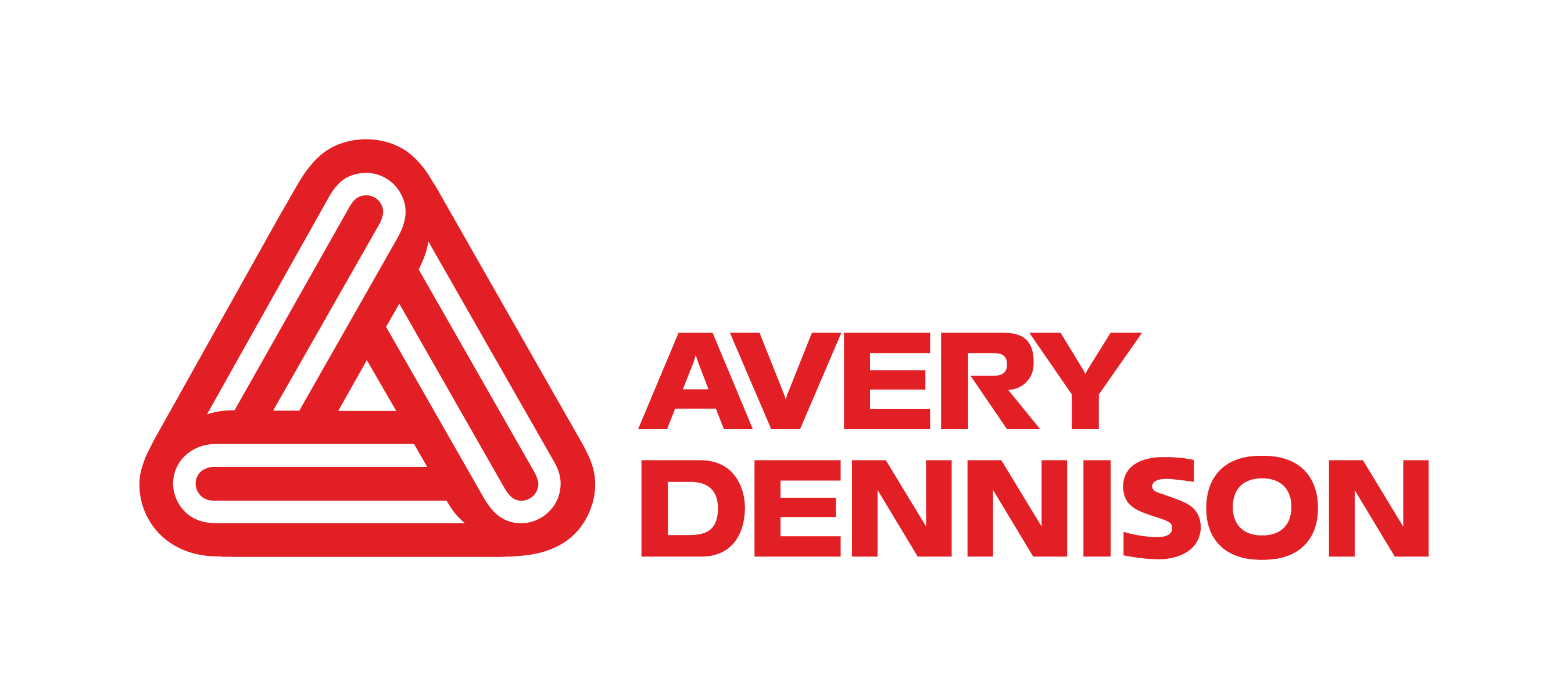Avery Dennison's journey began with the invention of the world's first self-adhesive label by Ray Stanton ("Stan") Avery in 1935. This innovation laid the groundwork for us to become a leader in adhesive technologies, and today, our team of 400 scientists spread across seven R&D locations continues to innovate, developing products tailored to specific markets and applications. As a dedicated supplier of pressure-sensitive adhesives (PSA), our breadth of knowledge allows us to explore various technologies, unlike other suppliers who may choose to specialize in one or two areas.
One industry that presents unique challenges and stringent demands for adhesive technology is the automotive sector. Vehicle labels carrying safety-relevant information must endure harsh conditions for up to 20 years, braving temperature extremes, chemical exposure, and adverse weather. It's here that pressure-sensitive adhesives play a pivotal role. Instantly adhering to diverse surfaces under light pressure, PSAs come in various coating technologies and chemical compositions. Yet, while rubber-based adhesives offer high tack and peel, their longevity falls short for automotive applications. Enter acrylic-based adhesives.
Acrylic-based adhesives
These solutions represent a robust and versatile option for various industrial applications, with a particular advantage in contexts where labels and tapes must perform reliably over long periods. Unlike their rubber-based counterparts, these adhesives generally exhibit less initial tack and a lower tendency to flow, but their final peel adhesion and durability, achievable in up to 24 hours, is superior. This is why they are an excellent choice for industries like transportation and e-mobility, which demand resistance to heat, thermal cycles, humidity, chemicals, and weathering. To better understand this type of adhesive, let's look at it in more detail:
Acrylic-based adhesives - coating technologies
The uniqueness of acrylic-based pressure-sensitive adhesives stems from the diverse coating technologies employed during their processing. In their liquid form, the adhesives can either be diluted in solvents, emulsified in water, or coated as a 100% system with added photoinitiators. Although any solvents or water are fully evaporated (and recovered) during the drying process, the nature of the liquid carrier plays a crucial role in defining the final adhesive properties. Since acrylic polymers are insoluble in water, they require surfactants to be converted into an aqueous solution. These surfactants, remaining in the adhesive layer, are responsible for the comparatively lower humidity and chemical resistance of emulsion-based acrylic adhesives versus their solvent-based counterparts.
Acrylic-based adhesives - labeling plastics and other difficult substrates
The landscape of technical industries is undergoing a notable shift. There's a growing trend of favoring plastics over metals for manufacturing parts, and an increasing emphasis on crafting surfaces to repel dust and dirt. As a consequence of these design adaptations, the surface energy of labeled components is progressively decreasing.
Think of these pressure sensitive adhesives as high-viscosity liquids that must be 'wet-out' onto the substrate before their molecules can interact to form an adhesion. But, this intricate dance only unfolds if the substrate's surface energy exceeds the adhesive's surface tension — as shown when raindrops fall onto a freshly waxed car.
Furthermore, pure acrylic adhesives face a unique challenge as they struggle to provide sufficient peel adhesion on substrates with low surface energy, such as PE and PP. We introduce resins to the formulation to tackle this, enhancing the adhesive's tack and final peel adhesion. The type and amount of resin used can significantly influence the final adhesive properties.




